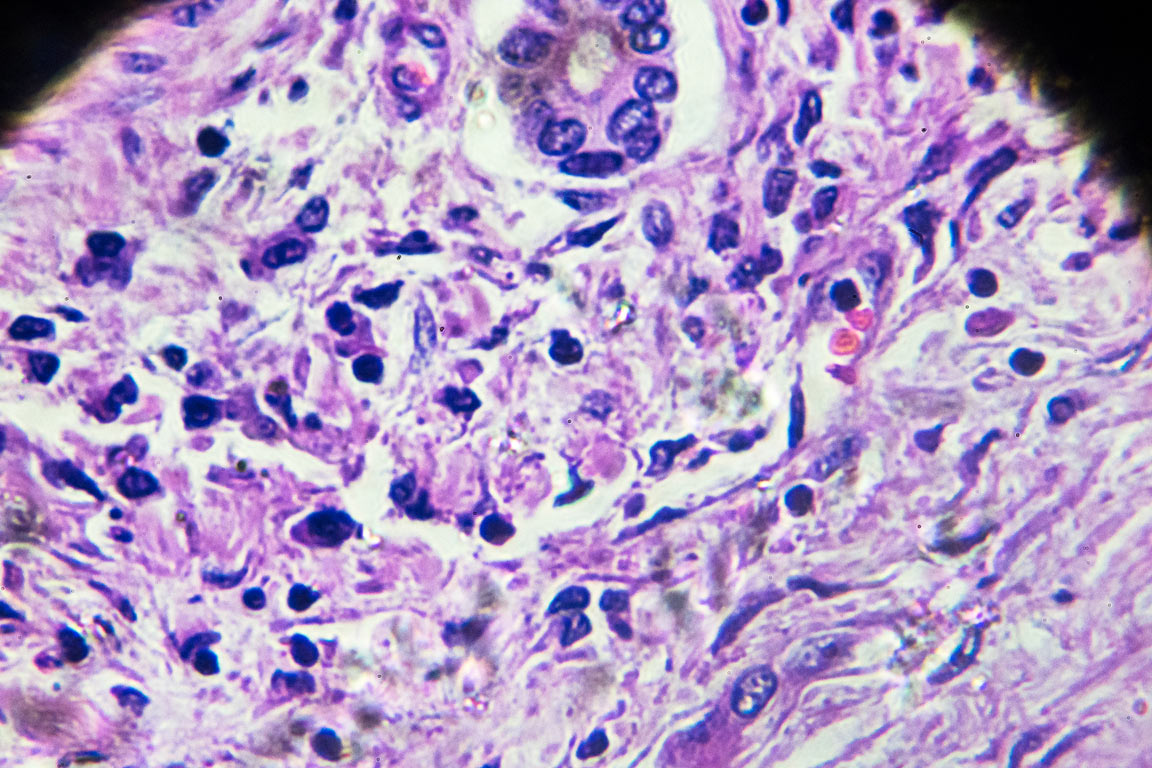Protective Effects of Quercetin Against Liver Cancer

An animal study with rats conducted in 2009 demonstrated that quercetin’s antioxidant effects may act to prevent hepatocellular carcinoma (HCC)—the most common type of liver cancer that begins in the liver.(56) Although HCC is relatively rare in the United States, since most hepatic cancers here are metastatic cancers that have spread from other primary sites to the liver, it still affects about 16,000 Americans a year and it is a growing risk around the world.56-57
In this experiment, 36 rats were broken into three groups: two given equal amounts of N-Nitrosodiethylamine (NDEA) for 15 weeks, a substance known to cause HCC, and one untreated control group. One of the treated groups was also given 200 mg/kg a day of quercetin for 15 weeks. Examination of the livers of all subjects revealed that the quercetin inhibited the NDEA-caused oxidative damage to liver cell DNA that typically leads to mutations believed to induce HCC. Instead, this group’s liver cells appeared normal, as did the control group’s liver cells. Additional evidence of the link between quercetin’s antioxidant effects acting in chemopreventive ways was suggested by the levels of antioxidants and oxidants in the NDEA-quercetin group, which were approximately the same as the control group. Conversely, the non-quercetin treatment group could not prevent the NDEA damage and the subsequent development of cancer.56
The results from another animal study showed that a combination of pterostilbene and quercetin significantly inhibited the growth of liver metastases from malignant melanoma and also increased the lifespan of the subject mice.42
Interestingly, these researchers also performed lab experiments where they matched conditions as they appeared in the body after intravenous administration of these polyphenols. By doing this, the researchers were able to repeat the outcomes shown in the live mice. After exposing the melanoma cells to the same levels of quercetin and pterostilbene for the same amount of maximum time these levels were present in the body, both substances inhibited the cancer cell growth.42
When administered together, these inhibitory effects were substantially enhanced, and in fact the quercetin and pterostilbene appear to work synergistically to achieve higher chemopreventive effects against cancer then either alone or when compared to resveratrol. One example of this beneficial partnership is how pterostilbene inhibits the cancer cells from adhering to epithelial walls, whereas quercetin does not inhibit adherence but induces self-destruction in those cancer cells that do.42


